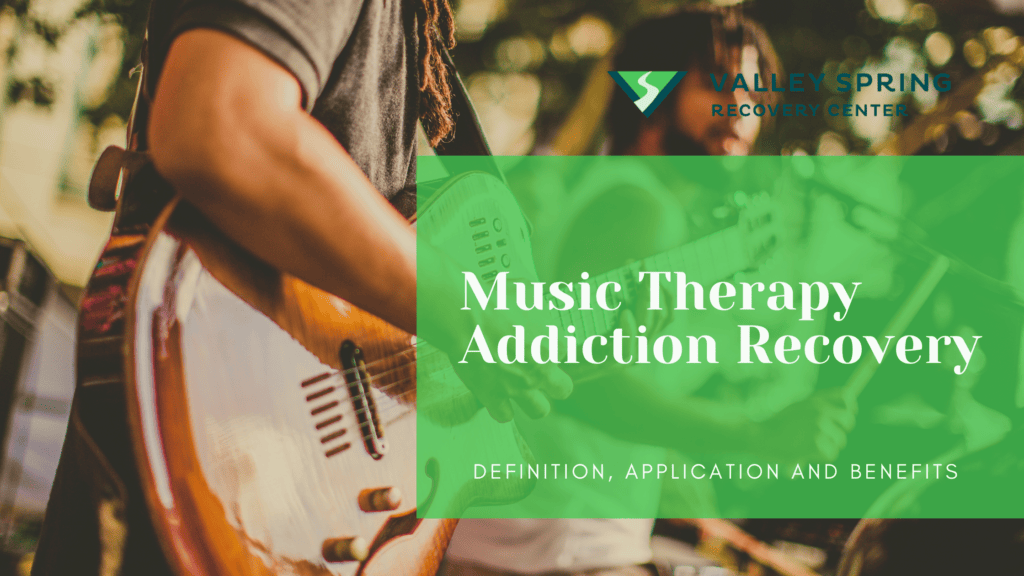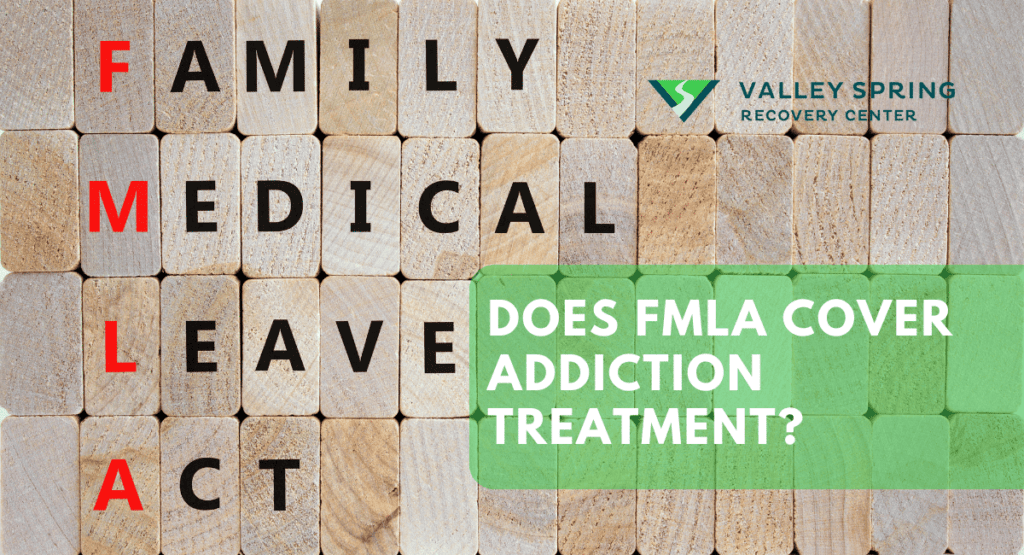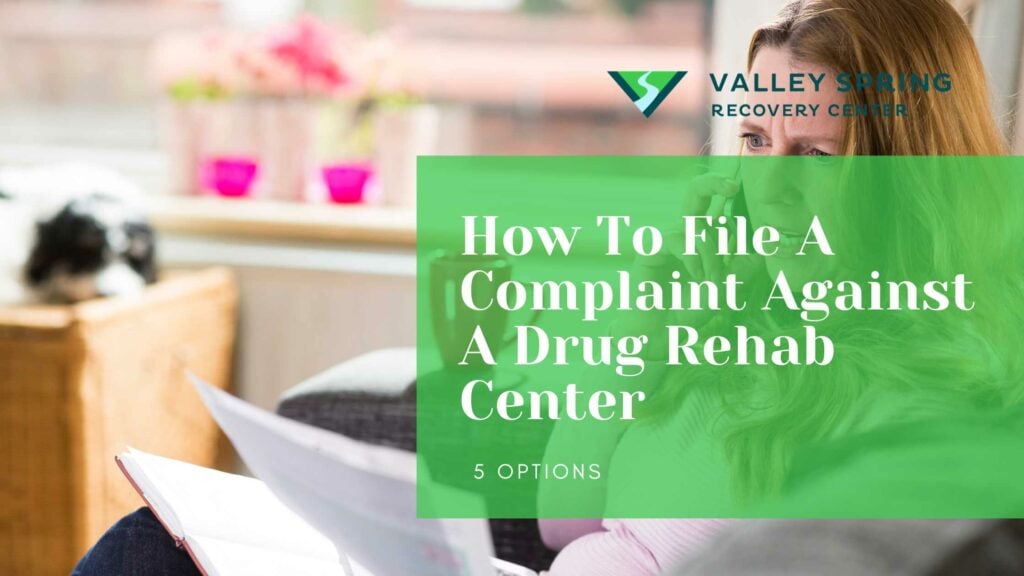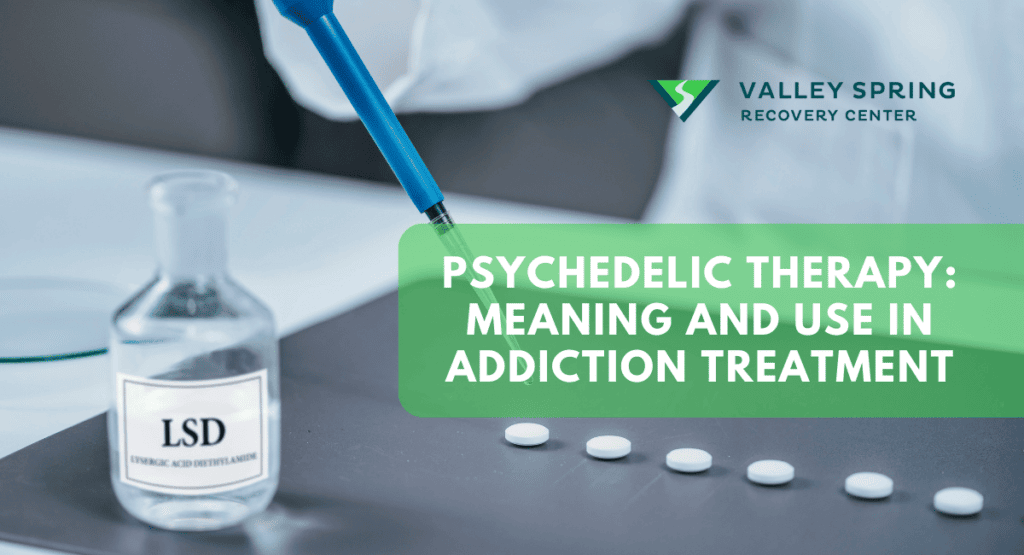Introduction
The road to recovery from addiction can be a challenging and often confusing journey. With a multitude of treatment options available, understanding the differences and benefits of each is crucial to making an informed decision. There are many different factors that dictate success or failure when considering drug rehab outpatient treatment options in 2023, such as program types, therapies offered, and factors to consider when choosing the right fit for your recovery journey.
Understanding outpatient treatment options is more crucial than ever in an age where the conversation surrounding mental health and addiction recovery is increasingly nuanced and accessible. As the landscape of mental healthcare evolves, outpatient drug rehabs have different therapies and stand out as a flexible yet effective path to recovery for many. Unlike traditional inpatient programs, outpatient treatment allows individuals to pursue recovery without putting their daily lives on hold. Whether you’re a busy professional, a caregiver, or simply someone who prefers to heal in the comfort of your home environment.
The cost and benefits of outpatient treatment is also pertinent to making a decision about which program will be most effective for you or a loves one seeking treatment.
Key Takeaways
- Outpatient drug rehab is a non-residential treatment option that allows individuals to balance their recovery with work and family responsibilities.
- The decision between inpatient and outpatient treatment should be based on an individual’s needs, circumstances, and support system as both have pros & cons.
- Establishing a strong support network & engaging in aftercare/relapse prevention strategies are essential for successful long-term recovery from addiction.
What is outpatient rehab?
Outpatient drug rehab offers a non-residential treatment option for individuals struggling with addiction, including drug abuse, enabling them to live at home while attending therapy sessions and receiving outpatient addiction treatment. This flexible approach to addiction treatment has grown in popularity, as outpatient addiction treatment programs allow patients to balance their recovery with work, family, and other responsibilities.
Outpatient rehab refers to a form of drug or alcohol rehabilitation that permits patients to reside at home while still attending therapy sessions and obtaining support through an outpatient treatment program. With scheduled therapy sessions and support groups, outpatient rehab does not necessitate onsite living, thus providing flexibility to patients.
However, regular attendance in therapy sessions and completion of additional tasks, including frequent drug tests to confirm abstinence, is crucial for successful recovery. Commitment levels of outpatient rehab programs may vary, with some requiring only a few hours a week and others necessitating several hours a day.
Outpatient rehab offers numerous benefits, such as accessibility, flexibility, and the capacity to uphold regular duties during the course of therapy. This treatment option is ideal for individuals with mild to moderate addiction or those transitioning from more intensive inpatient programs.
The flexibility of outpatient rehab enables patients to maintain their daily responsibilities, such as work and family commitments, while still receiving the necessary support and guidance for their recovery journey.
There are three primary Levels Of Care (intensity of treatment) in an outpatient setting. These levels of care are defined by the American Society For Addiction Medicine (ASAM) Level I: Outpatient Services
Level II: Intensive Outpatient/Partial Hospitalization Services.
What Are The Different Types of Outpatient Rehab Programs?
Outpatient rehab programs are not one-size-fits-all; they vary in intensity and structure, catering to different needs and stages of recovery.
This section will examine the three primary types of outpatient rehab programs: Intensive Outpatient Programs (IOPs), Partial Hospitalization Programs (PHPs), and Low-Intensity Outpatient Programs.
Understanding the distinctions between these programs will help you determine the most suitable option for your recovery journey.
Intensive Outpatient Programs (IOPs)
Intensive Outpatient Programs (IOPs) provide a higher level of care and support, featuring more frequent and longer therapy sessions. These programs are often designed for individuals who require more intensive treatment but do not need a residential setting or 24-hour supervision.
IOPs offer a structured and comprehensive approach to addiction treatment, addressing various aspects of the individual’s life, including mental health, relationships, and coping strategies.
Partial Hospitalization Programs (PHPs)
Partial Hospitalization Programs (PHPs) provide a structured treatment environment with mental health services, and medical support, while still allowing patients to live at home. Treatment for these programs usually lasts 5-6 days a week and involves 5-6 hours of therapy per day.
PHPs are ideal for individuals who require a higher level of care than standard outpatient programs but do not need 24-hour supervision provided by inpatient programs. They offer a balance between intensive treatment and the flexibility of living at home.
Low-Intensity Outpatient Programs
Low-Intensity Outpatient Programs offer:
- Less frequent therapy sessions and support
- Suitable for individuals with mild addiction or transitioning from more intensive programs
- Step-down approach, gradually reducing the frequency of therapy sessions as the patient progresses through their recovery journey.
Low-Intensity Outpatient Programs can be an excellent option for those who have already completed a more intensive outpatient program and are looking to maintain their recovery while gradually reintegrating into their daily lives.
What Therapies and Services are Offered in Outpatient Rehab?
Outpatient rehab offers a range of therapies and services to support individuals in their recovery journey. These therapies are tailored to each patient’s unique needs and may include individual counseling, group therapy, and family therapy and support.
Individual counseling in outpatient rehab focuses on addressing personal challenges and developing coping strategies for addiction recovery. Through one-on-one sessions with a trained therapist, patients can explore the underlying issues contributing to their addiction, learn how to manage triggers, and develop healthier coping mechanisms as part of their substance abuse treatment.
This personalized approach allows patients to work at their own pace and address specific concerns related to their addiction and recovery journey.
Group therapy provides a supportive environment for individuals to share experiences and learn from others in recovery. Led by a qualified therapist, group therapy sessions facilitate open communication and offer guidance and support from both the therapist and fellow group members.
This shared experience can help individuals feel less isolated in their recovery journey, gain valuable insights into their own behavior, and develop new coping skills.
Family therapy and support play a crucial role in the recovery process, as they help patients and their loved ones understand addiction and develop healthy communication and coping skills. Addiction can have a significant impact on the entire family unit, and involving family members in the recovery process can promote healing, rebuild relationships, and provide a supportive environment for long-term recovery.
Family therapy and support can help families learn how to better communicate and support each other.
How long does outpatient treatment last?
The duration of outpatient treatment depends on factors such as progress, co-occurring issues, and individual needs. Outpatient treatment typically lasts around 10 weeks, although the duration may vary depending on the specific program and the patient’s progress.
As individuals advance in their recovery, many outpatient rehab programs provide a step-down approach, reducing the frequency of weekly therapy sessions to better accommodate the patient’s evolving needs.
How Can You Make Sure Outpatient Rehab is Successful?
A successful recovery in outpatient rehab requires a strong support network and ongoing aftercare to prevent relapse. This section will emphasize the importance of establishing a solid support network and the role of aftercare and relapse prevention strategies. The Substance Abuse And Mental Health Services Administration defines for areas that are important for a successful recovery.
The Four Major Dimensions of Recovery:
- Health: Overcoming or managing one’s disease(s) or symptoms, and making informed, healthy choices that support physical and emotional well-being
- Home: Having a stable and safe place to live
- Purpose: Conducting meaningful daily activities, such as a job, school volunteerism, family caretaking, or creative endeavors, and the independence, income, and resources to participate in society
- Community: Having relationships and social networks that provide support, friendship, love, and hope
A strong support network is a crucial element in maintaining recovery during and after outpatient rehab. This network may include friends, family, and support groups who can provide emotional and practical assistance, reduce stress levels, and encourage accountability.
Building a robust support network involves connecting with family and friends, participating in support groups, and attending meetings. By surrounding yourself with people who understand your journey and can offer encouragement and guidance, you increase your chances of maintaining long-term recovery.
Engaging in aftercare and relapse prevention strategies is essential for maintaining long-term recovery. Some examples of these strategies include:
- Ongoing therapy
- Participation in 12-step programs
- Regular check-ins with a support group
- Developing a strong support network
- Engaging in healthy activities and hobbies
- Practicing self-care and stress management techniques
These strategies help individuals reinforce their commitment to sobriety, enhance their mental and physical health, and develop improved coping skills.
By actively participating in aftercare and relapse prevention, you can build a strong foundation for a successful recovery and a fulfilling life free from addiction.
What Is The Cost of Outpatient Addiction Treatment?
The duration and cost of outpatient treatment can vary based on individual needs and factors. This segment will address the typical duration of outpatient treatment and the factors that can influence rehab costs.
Factors affecting outpatient rehab cost include program intensity, location, and insurance coverage. The cost of outpatient rehab can vary significantly depending on these factors, with a range of options available to meet different budgets.
Intensive outpatient programs and partial hospitalization programs typically come with a higher price tag than low-intensity outpatient programs due to the increased level of care and support provided. Additionally, the cost of treatment can be influenced by factors such as the location of the rehab facility and the patient’s insurance coverage.
Help Is Right Around The Corner.
Private, Confidential, Evidence-Based Drug Rehab in Northern New Jersey
What Is The Difference Between Inpatient and Outpatient Treatment?
Navigating the labyrinth of addiction treatment options often brings you to a crossroads: inpatient or outpatient treatment. While both aim to facilitate recovery from substance abuse, they do so with different structures, focuses, and commitments. Understanding the differences between inpatient and outpatient treatment is crucial for making an informed decision that aligns with your recovery needs and lifestyle constraints.
The choice between inpatient and outpatient care often hinges on various factors, such as the severity of the addiction, the presence of co-occurring mental health disorders, and the individual’s support network. When the stakes are high—perhaps due to chronic relapses or severe physiological dependence—inpatient care’s immersive environment might be more appropriate. Conversely, outpatient treatment allows more flexibility, making it more suitable for those who must maintain their work commitments or family responsibilities.
Inpatient or residential treatment requires you to live within a facility for the duration of the program, which typically lasts between 30 to 90 days, or even longer for extreme cases. The highly structured environment provides round-the-clock medical care and a myriad of therapies ranging from individual counseling to group activities. The aim is to offer a holistic treatment plan that addresses the physical, psychological, and social facets of addiction.
Inpatient rehab offers increased therapeutic and medical assistance, as well as a secure environment for recuperation. However, drawbacks of inpatient rehab include the expense of treatment, interference with daily life, and lack of privacy.
Inpatient rehab requires that you live at the facility which is different from outpatient rehab where you live at home or in a sober living environment and have greater flexibility. In outpatient treatment, you can maintain regular activities while undergoing treatment. Though outpatient rehab provides more freedom, it may present challenges due to the absence of structure and assistance, as well as the possibility of relapse due to a lack of oversight.
Outpatient programs offer the liberty to continue living at home while attending scheduled therapy sessions multiple times a week. These programs can range from intensive day treatments, akin to a full-time job, to less demanding options requiring only a few hours a week. The primary focus here is providing counseling and medical treatment while allowing you to maintain your daily activities. Maintaining regular activities while undergoing treatment works great for some while for others, it may present challenges due to the absence of structure and assistance, as well as the possibility of relapse due to a lack of oversight.
Ultimately, the decision between inpatient and outpatient treatment should be based on a careful evaluation of the individual’s specific needs, circumstances, and support system. Both options have their advantages and disadvantages, but the most important factor is selecting the treatment option that will best facilitate a successful recovery journey through the use of inpatient and outpatient services.
Is Outpatient Rehabilitation Suitable for Everyone?
Outpatient rehabilitation is generally best suited for individuals with a mild to moderate addiction and a strong support system at home. Those with severe addiction or co-occurring mental health disorders may require the more intensive care provided by inpatient rehabilitation.
What Types of Therapies Are Offered in Outpatient Rehabilitation?
Outpatient rehabilitation often includes a variety of therapies such as Cognitive Behavioral Therapy (CBT), Dialectical Behavior Therapy (DBT), and family counseling. The specific therapies offered can vary by program and individual need.
Can I Continue to Work While in Outpatient Rehabilitation?
One of the benefits of outpatient rehabilitation is the flexibility it offers, allowing many individuals to continue working while receiving treatment. However, the commitment required for successful treatment should not be underestimated, and work schedules may need to be adjusted accordingly.
How Much Does Outpatient Rehabilitation Cost?
The cost of outpatient rehabilitation can vary widely depending on the frequency and type of treatment. Many insurance plans cover some or all of the costs, but it’s essential to consult with your insurance provider and the rehabilitation facility for specific financial details.
Is Outpatient Rehabilitation Effective for Long-Term Recovery?
Studies have shown that outpatient rehabilitation can be effective for long-term recovery, particularly when followed by ongoing aftercare. However, the effectiveness can vary based on individual commitment, the severity of the addiction, and the quality of the program.
What Happens if I Relapse During Outpatient Rehabilitation?
Relapse is a common concern in addiction treatment and doesn’t mean the treatment has failed. Most outpatient programs have protocols for dealing with relapse, often involving an assessment to determine the need for more intensive treatment or adjustments to the current treatment plan.
Are Medications Used in Outpatient Rehabilitation?
Yes, medications like Methadone, Buprenorphine, and Naltrexone are often used in outpatient rehabilitation for addiction, particularly for opioid addiction. These medications are usually administered as part of a comprehensive treatment plan that includes behavioral therapy.
How Do I Choose the Right Outpatient Rehabilitation Program?
Choosing the right outpatient program involves considering factors like the types of therapies offered, the credentials of the staff, the cost, and the location. It’s advisable to consult healthcare providers for recommendations and to visit multiple facilities if possible.
Can Family and Friends Be Involved in Outpatient Rehabilitation?
Family and friends can play a crucial role in outpatient rehabilitation. Many programs offer family counseling and encourage the involvement of loved ones in the recovery process, as a strong support system can significantly impact the success of outpatient rehabilitation.
What Options are available to get outpatient rehab online through telehealth?
Outpatient rehab can occur online through telehealth addiction treatment platforms. Some rehab centers offer this method of treatment delivery and some do not.
Final Thoughts On Drug and Alcohol Rehab
As we reach the end of our comprehensive guide to outpatient drug and alcohol rehab, it’s evident that this treatment option offers a unique blend of flexibility and intensive care, ideal for those who need to maintain their daily responsibilities while embarking on the path to recovery. Whether you’re just starting your journey or transitioning from an inpatient facility, outpatient programs provide an environment that encourages growth, accountability, and long-term sobriety.
The rise of innovative therapies and the accessibility of telehealth options in 2023 have expanded the opportunities for personalized treatment like never before. Now, regardless of your location or schedule constraints, effective professional help is within reach. It’s worth mentioning that successful rehab doesn’t end when you leave the facility; it’s a lifelong commitment to sobriety. Programs like Alcoholics Anonymous (AA), Narcotics Anonymous (NA), and various aftercare services play a pivotal role in maintaining long-term sobriety. Family and friends also become an extended support network, often aided by family therapy sessions provided during treatment.
That said, outpatient rehab is not a one-size-fits-all solution. The success of the treatment hinges on a variety of factors including individual commitment, the severity of the addiction, and the quality of the support network around you. While insurance can often offset some of the costs, financial considerations remain an important element in making your choice.
In sum, outpatient rehab serves as a vital resource in modern healthcare, democratizing access to quality addiction treatment. It is a testament to how far we’ve come in destigmatizing addiction and mental health issues and promoting inclusivity in the recovery process.
The journey to sobriety is a marathon, not a sprint, and outpatient rehab could very well be the pace-setting partner you need for this lifelong race. Facilities like Valley Spring Recovery Center in Northern New Jersey, specializing in day treatment(PHP), Intensive Outpatient Programming, and a robust alumni program, have set the standard for a multidisciplinary approach to addiction treatment.
Help Is Right Around The Corner.
Private, Confidential, Evidence-Based Drug Rehab in Northern New Jersey
Sources
-
National Center for Biotechnology Information. (2023). Intensive Outpatient Treatment and the Continuum of Care. Retrieved from https://www.ncbi.nlm.nih.gov/books/NBK64088/
-
American Psychiatric Association. (2023). Diagnostic and Statistical Manual of Mental Disorders (5). Retrieved from https://www.psychiatry.org/psychiatrists/practice/dsm/
- Substance Abuse And Mental Health Services Administration. 4 Dimensions Of Recovery: https://www.samhsa.gov/find-help/recovery
Ben Fisher
All author postsShare This Post










